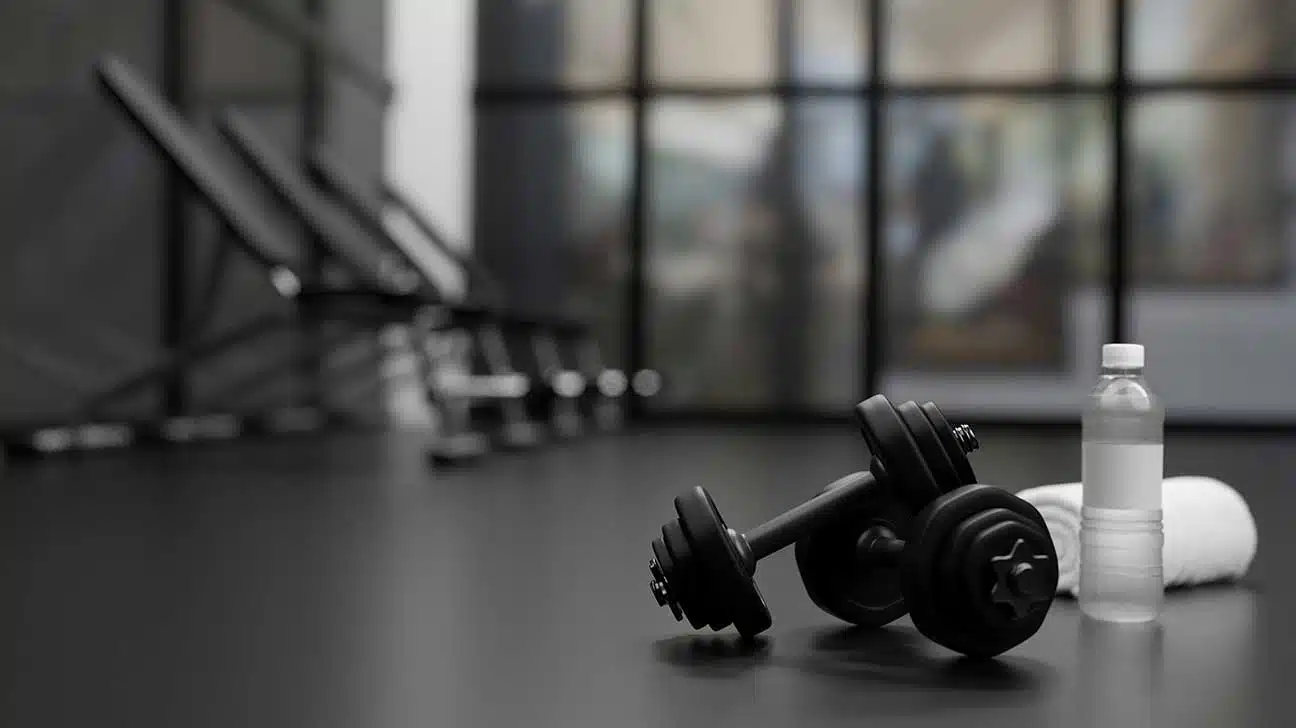
Alcohol and drug abuse affects millions of Americans every year. Although treatments are always improving, there are still high rates of relapse during recovery.
To help combat this, more recovery programs are incorporating overall wellness services into their treatment plans, which include holistic options like meditation or physical activities like yoga.
The benefits of exercise are proven for people with mental health disorders, including drug and alcohol addiction.
Can Physical Health Impact Addiction Treatment?
Many people who enter a rehab center have been neglecting their physical health due to addiction, especially if they face co-occurring mental health disorders.
Drug and alcohol addiction can wreak havoc on the body, leading to problems like liver disease, brain damage, strokes, lung disease, or seizures.
Rebuilding physical health is an essential part of the recovery process, and many treatment programs have gyms on-site or offer aerobics classes, hiking, yoga, or other exercise options.
Research has found that exercising has direct health benefits during recovery. It helps reduce drug cravings, create structure, and combat boredom and stress that may lead to relapse.
Drug or alcohol detox is often challenging, and exercise may be able to help ease the worst lingering withdrawal symptoms while improving mood.
Healthy Habits For The Mind And Body
There are many ways that physical health can affect mental wellness. People with healthy habits report benefits including reduced stress, improved confidence, and more stable moods.
Healthy diets and exercise are not the only ways to improve physical health. Healthy habits also include drinking plenty of water, getting enough sleep each night, and more.
It’s not necessary to completely change your diet or lifestyle habits overnight. Incorporating small changes gradually is a good way to stick to any new behaviors.
Exercise
Physical exercise can have a drastic impact on your overall health and well-being. Even just walking for 30 minutes a day can lead to changes in your fitness levels and quality of life.
Some of the positive effects of regular exercise include:
- weight loss
- lower risk of heart disease, diabetes, high blood pressure, dementia, or arthritis
- improved mood, self-confidence, and self-esteem
- increased energy levels
- better sleep quality
- increased agility
- improved brain functioning and memory
- creativity boosts
People who exercise regularly also report fewer symptoms of depression, anxiety disorders, and ADHD due to the boost in “feel good” endorphins like serotonin and dopamine.
Eating Well
Exercise isn’t the only way to take care of your physical health. Following a healthy diet with plenty of protein, vegetables, fruits, and whole grains can also have a major impact.
Getting proper nutrition can boost your immune system, strengthen bones and muscles, lower disease risks, and benefit your skin, teeth, hair, and nails.
Additionally, a healthy diet improves cognition and focus while also resulting in fewer mood swings or bouts of depression.
How To Incorporate Exercise Into Your Recovery
There are countless different ways to exercise, and you may need to try a few different methods before you find one that you enjoy.
Once you do, it’s important to stick with it in order to see the physical benefits. Starting with as little as 30 minutes a day five times a week is a good approach.
You can begin with gentle exercises like swimming, yoga, or walking and work your way up to more intensive activities such as weight training or biking.
Other physical fitness activities include hiking, martial arts, or team sports like soccer and basketball. Team sports have the added benefit of providing opportunities for new social connections.
Are Some Exercises Better Than Others During Substance Abuse Treatment?
As long as you are moving your body, it doesn’t matter what type of exercise you choose. However, it’s important to stick with other parts of treatment, like cognitive behavioral therapy (CBT).
If you’re not sure where to start, most treatment centers have medical professionals that can help. They can evaluate your physical health and recommend exercise routines for your specific needs.
More holistic exercises, like yoga or gardening, often have additional benefits during addiction treatment. They can help you feel better physically, emotionally, or even spiritually.
Be gentle with yourself as you start a new routine. Don’t overexert yourself or try to start too many new exercises at once. By gradually building a healthy lifestyle, you’ll have more success.
Get Help For A Substance Use Disorder
If you or a loved one is experiencing drug or alcohol addiction, don’t wait to find treatment. Contact us today to learn about starting the sobriety journey.
Addiction Resource aims to provide only the most current, accurate information in regards to addiction and addiction treatment, which means we only reference the most credible sources available.
These include peer-reviewed journals, government entities and academic institutions, and leaders in addiction healthcare and advocacy. Learn more about how we safeguard our content by viewing our editorial policy.
- Centers for Disease Control and Prevention
https://www.cdc.gov/nutrition/resources-publications/benefits-of-healthy-eating.html - Mayo Clinic
https://www.mayoclinic.org/healthy-lifestyle/fitness/in-depth/exercise/art-20048389 - WebMD
https://www.webmd.com/mental-health/addiction/exercise-help-addiction-recovery

